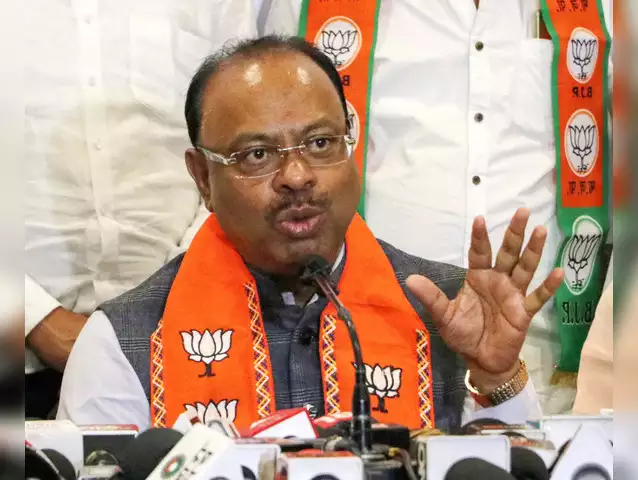PepsiCo and Coca-Cola are gearing up to introduce budget-friendly soft drinks, priced 15-20% lower than their flagship brands, in response to the competitive threat posed by Reliance Consumer Products’ Campa brand. This strategic pivot aims to secure their market share against Reliance’s aggressive pricing and promotional tactics, which have already begun to disrupt the soft drink landscape in India.
Reliance has positioned Campa as a cost-effective alternative, offering 200 ml bottles at Rs 10 and 500 ml bottles at Rs 20, significantly undercutting PepsiCo and Coca-Cola, which sell their 250 ml and 500 ml offerings for Rs 20 and Rs 40, respectively. Additionally, Reliance is enhancing retailer incentives, providing trade margins of 6-8%, compared to the 3.5-5% offered by competitors. This financial appeal is attracting retailers to Campa, challenging the dominance of established players.
Ravi Jaipuria, chairman of Varun Beverages, PepsiCo’s largest bottling partner in India, acknowledged the formidable competition posed by Campa. He stated that PepsiCo is actively developing products aimed at the budget segment while enhancing its distribution strategies. “Campa is likely to capture a share of the overall market, but we are confident in our approach to improve our market presence,” Jaipuria remarked.
Coca-Cola is also responding to the market dynamics by expanding its distribution of returnable glass bottles priced at Rs 10, particularly in Tier-II cities. The company is exploring the reintroduction of regional brands, such as the limited-edition RimZim jeera, which could be scaled up based on demand. A Coca-Cola spokesperson emphasized the importance of protecting brand equity while adapting to market needs.
As regional competitors like Bovonto, Jayanti Cola, and Sosyo Hajoori Beverages also vie for market share, the soft drink sector is poised for significant shifts. With both industry giants now adapting to a more price-sensitive consumer base, the coming months will be crucial in determining the competitive landscape of India’s soft drink market.
(According to the sources and the agencies)

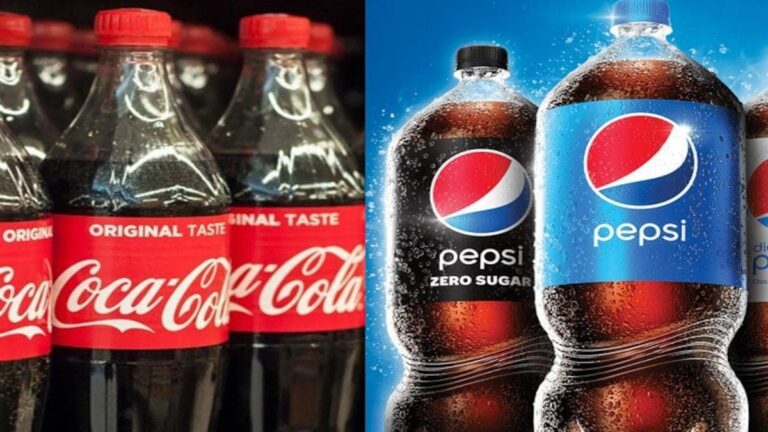
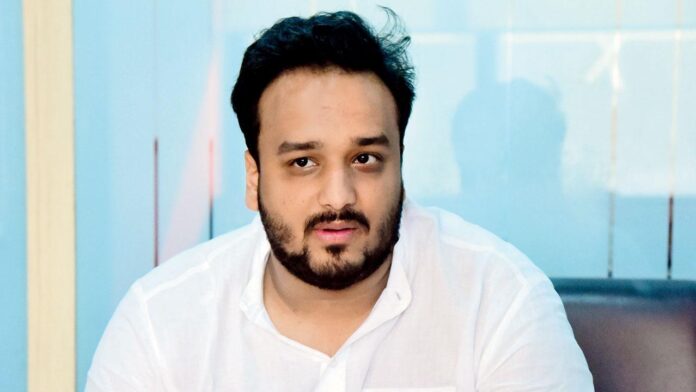
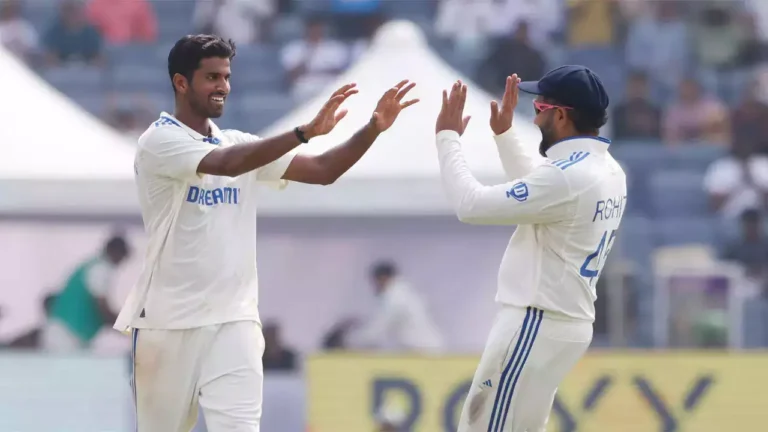
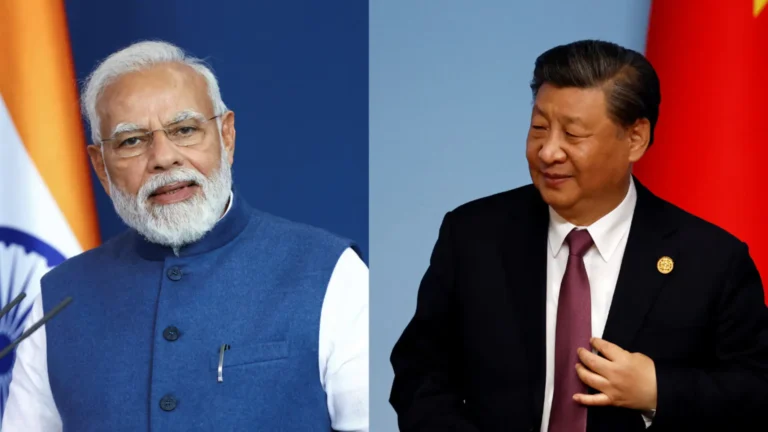
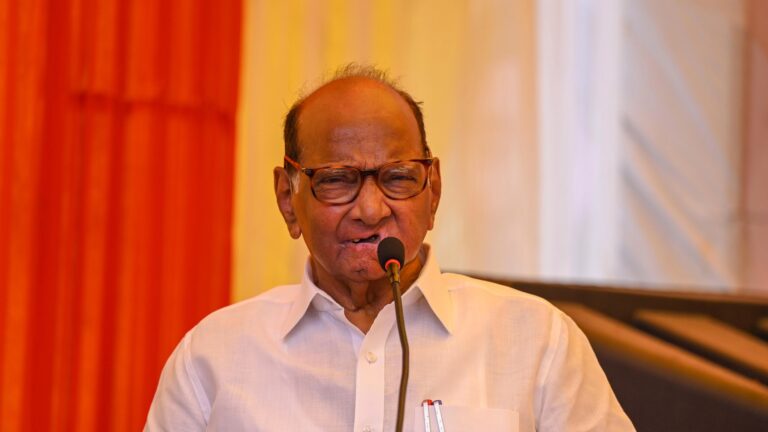
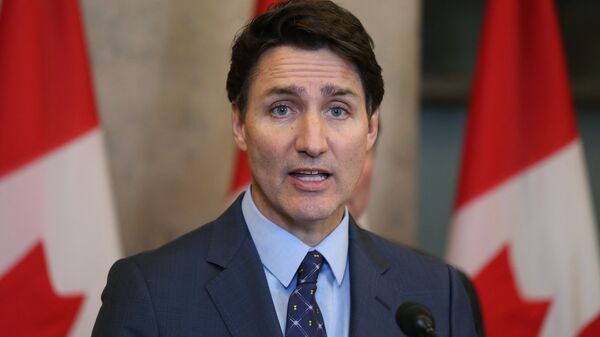
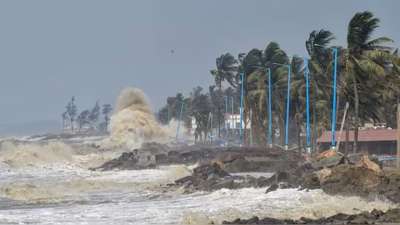
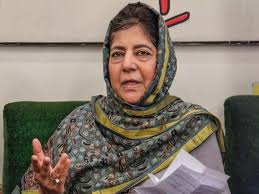
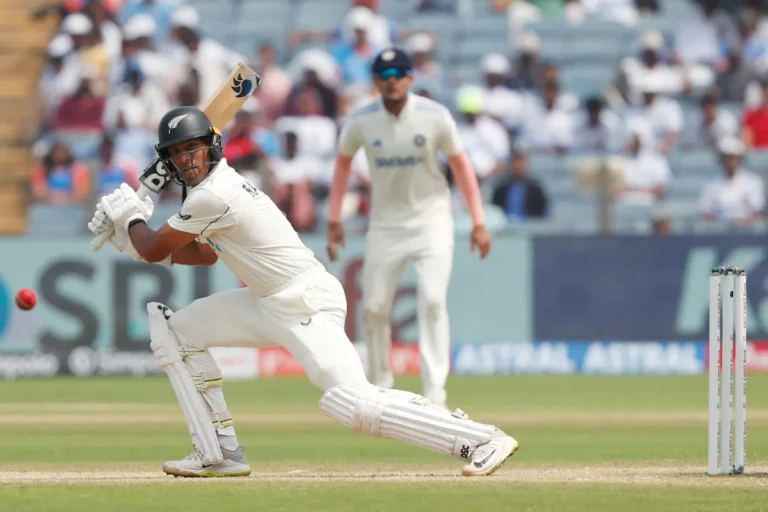
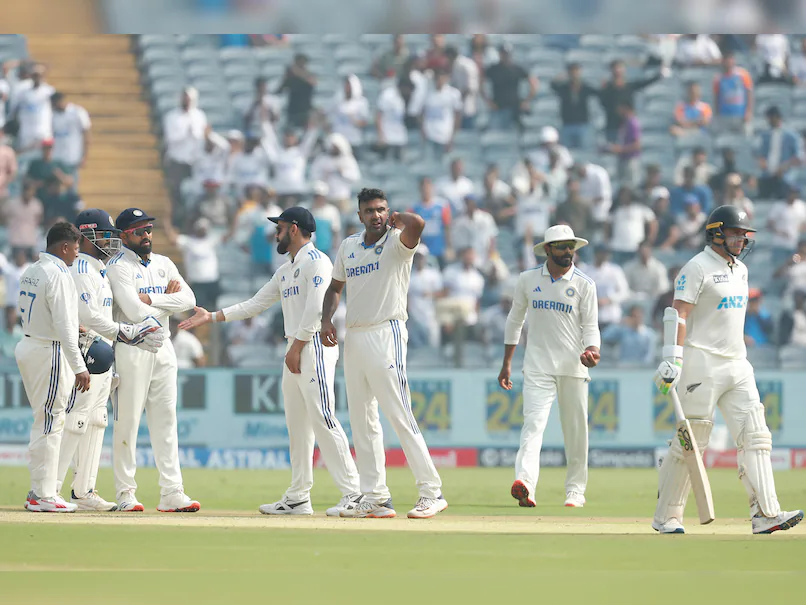 With 13 sessions still to go, a lot of action remains in the game. This test match holds significant role for India in its hunt to qualify for WTC final and to save this series as well. India will be batting in 4th innings, hence it needs to capitalize in first 2 days. If it goes down to 4th or 5th day, Kiwis will have an advantage. NZ spinner Ajaz Patel has a good record on Indian soil. Back in Mumbai, 2022, Patel took all 10 wickets in the innings putting him in history books.
With 13 sessions still to go, a lot of action remains in the game. This test match holds significant role for India in its hunt to qualify for WTC final and to save this series as well. India will be batting in 4th innings, hence it needs to capitalize in first 2 days. If it goes down to 4th or 5th day, Kiwis will have an advantage. NZ spinner Ajaz Patel has a good record on Indian soil. Back in Mumbai, 2022, Patel took all 10 wickets in the innings putting him in history books.